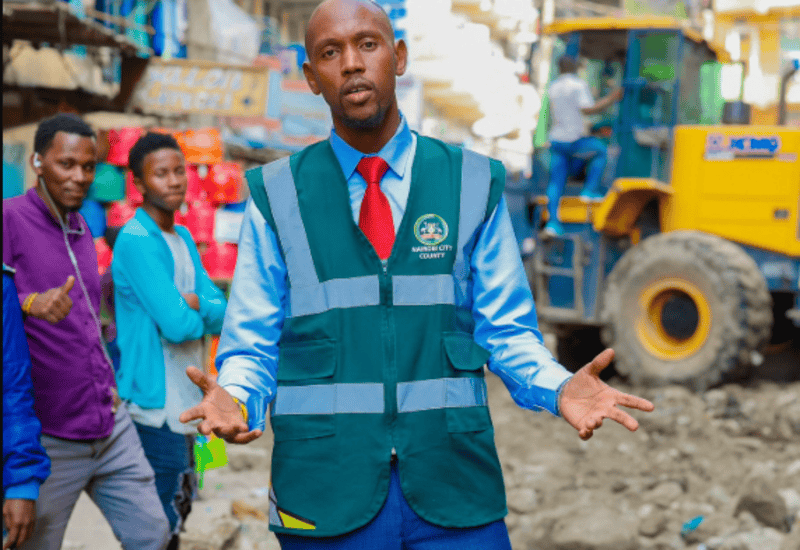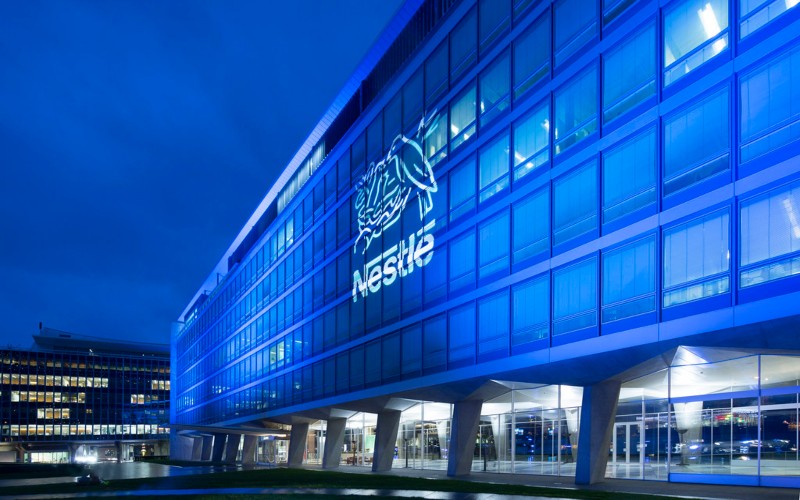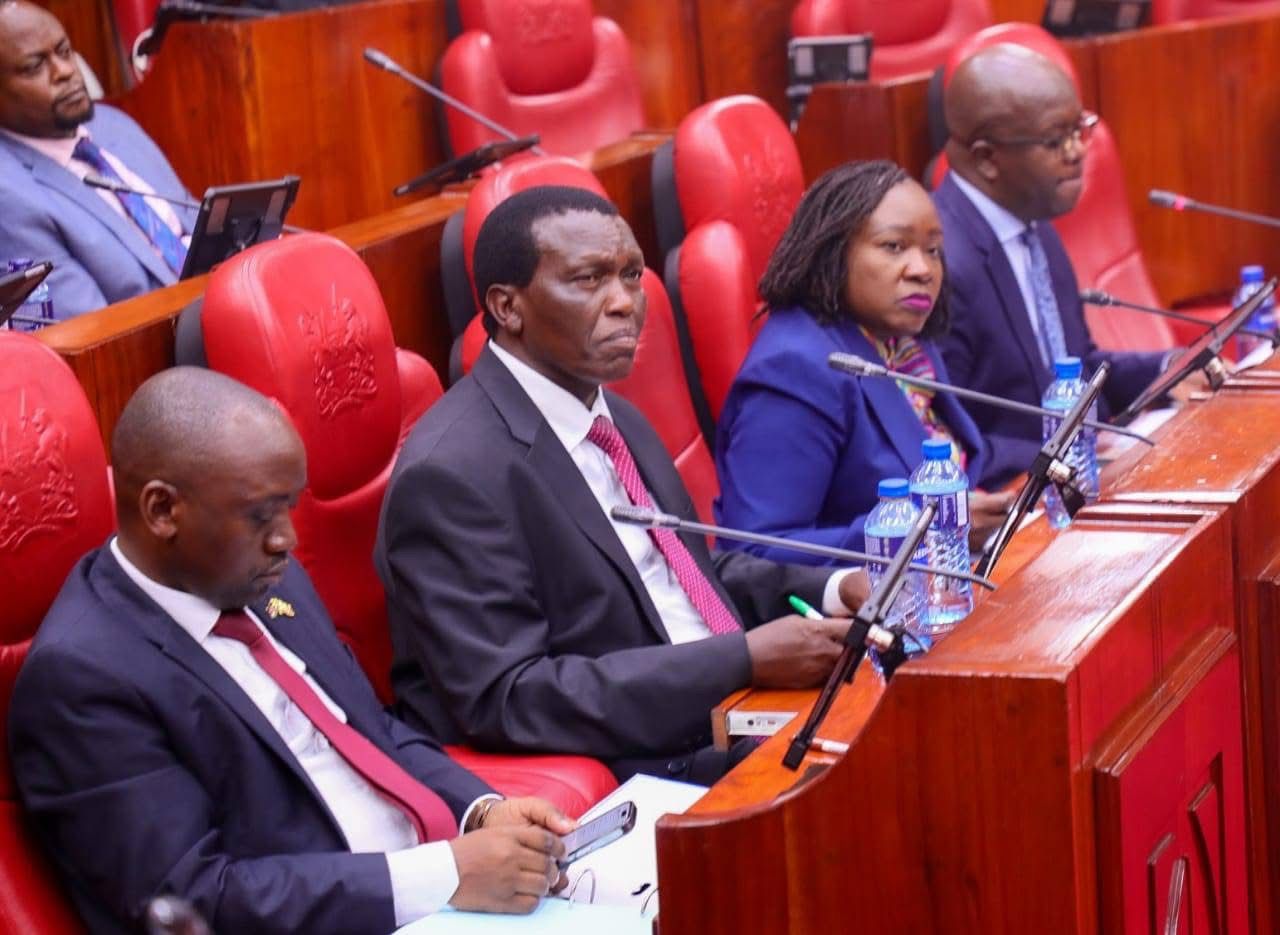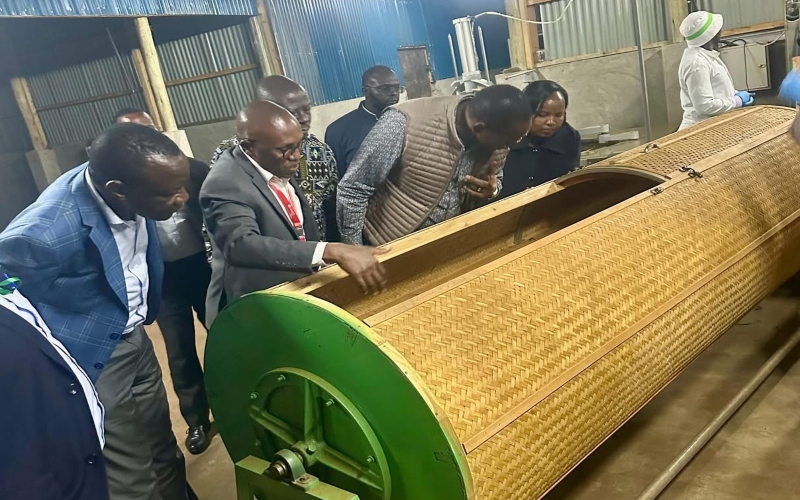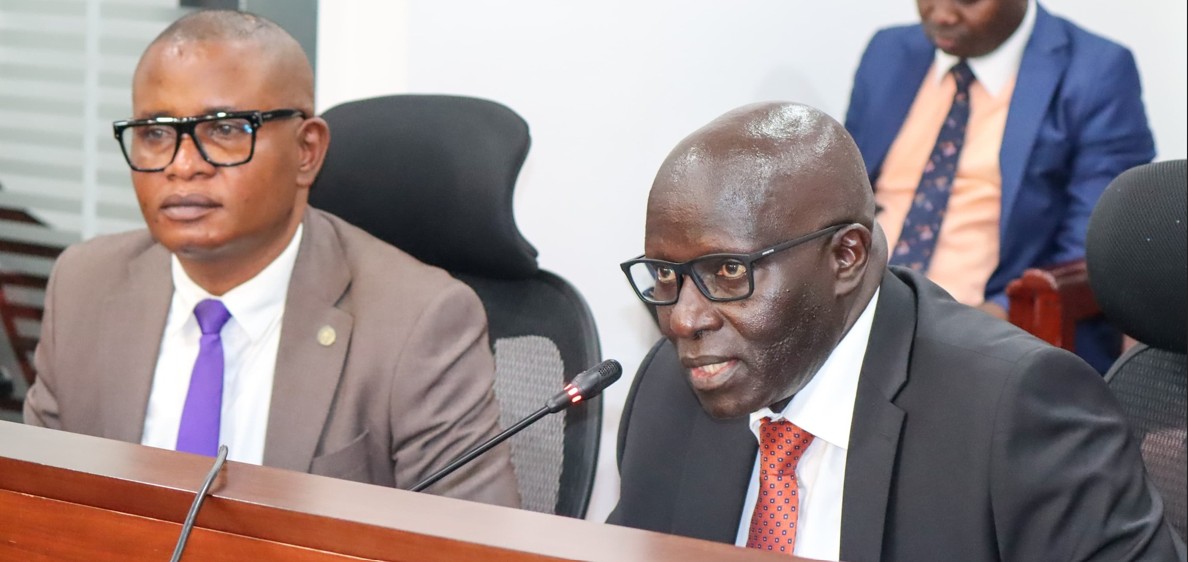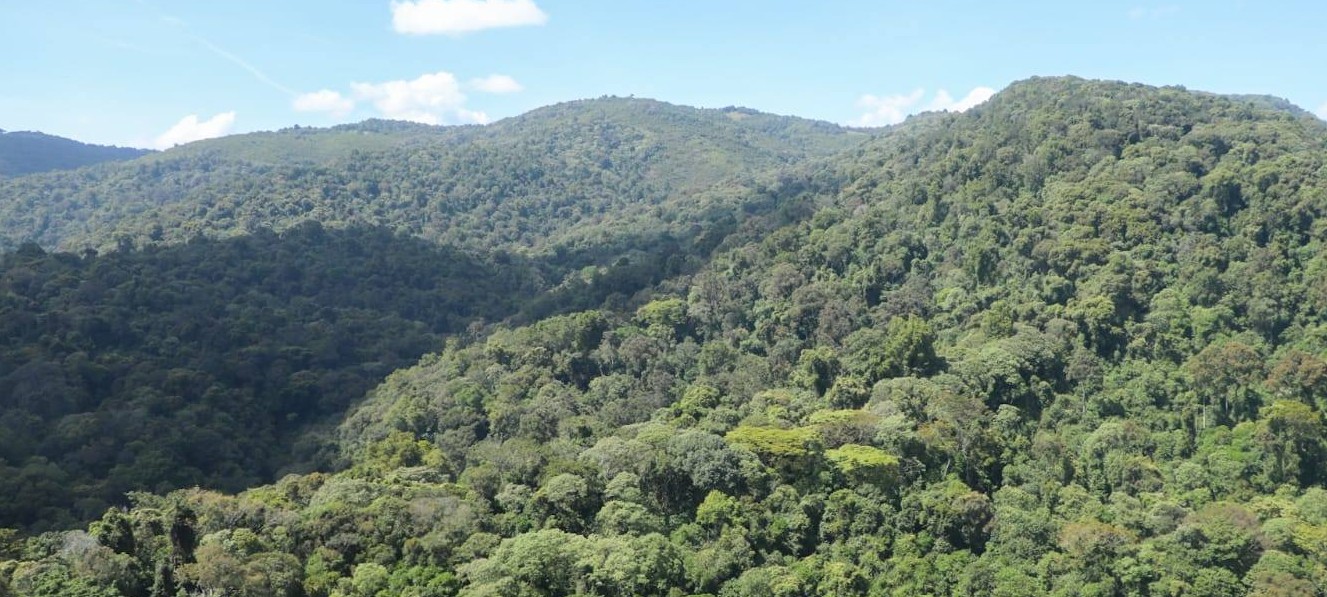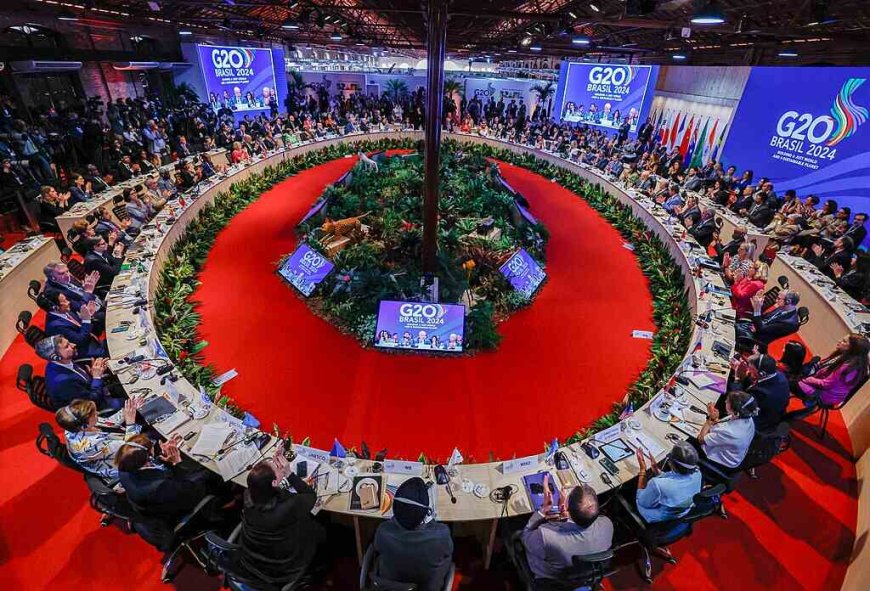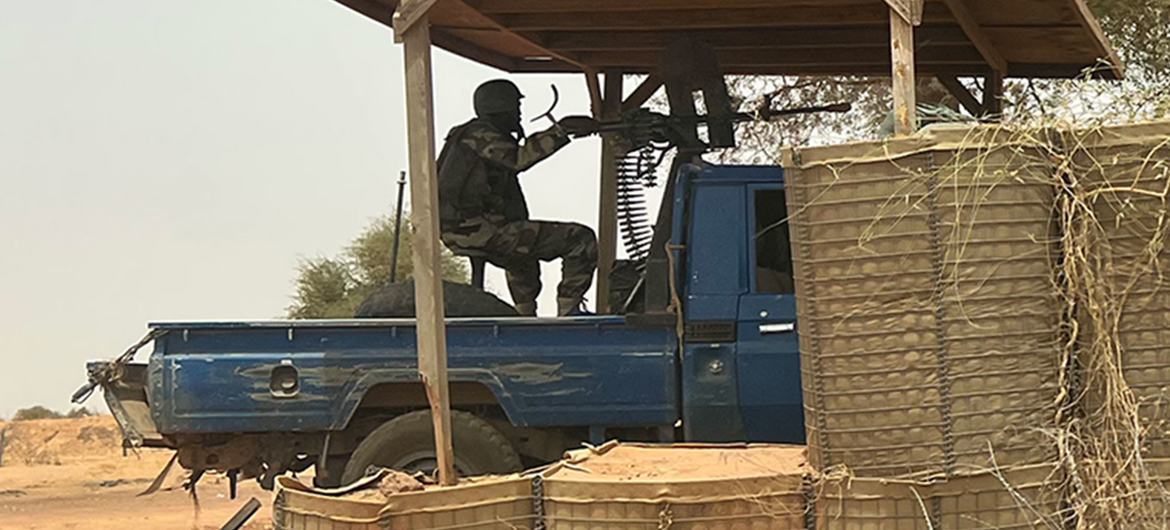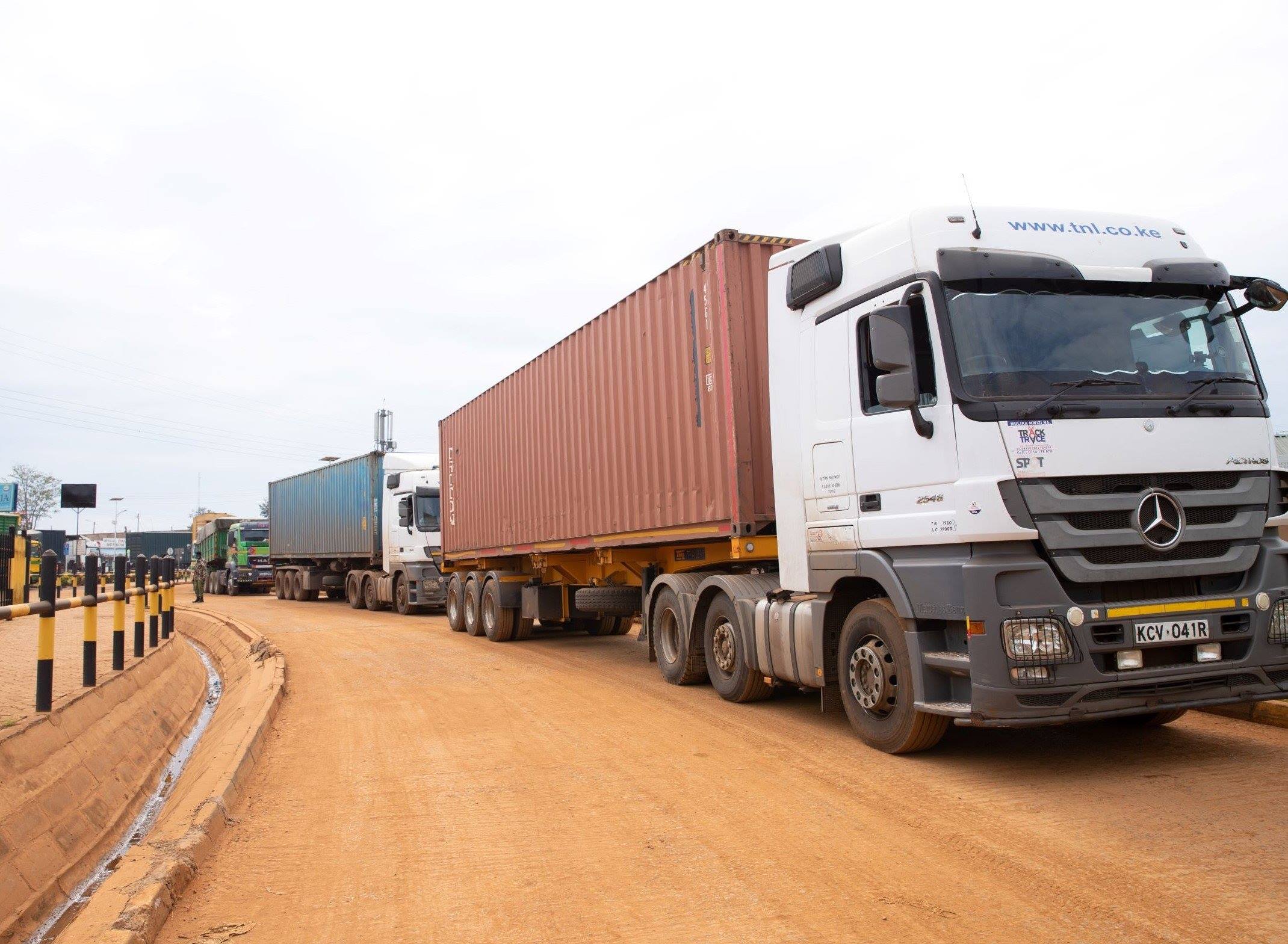State to vaccinate 72 million livestock from January to curb diseases
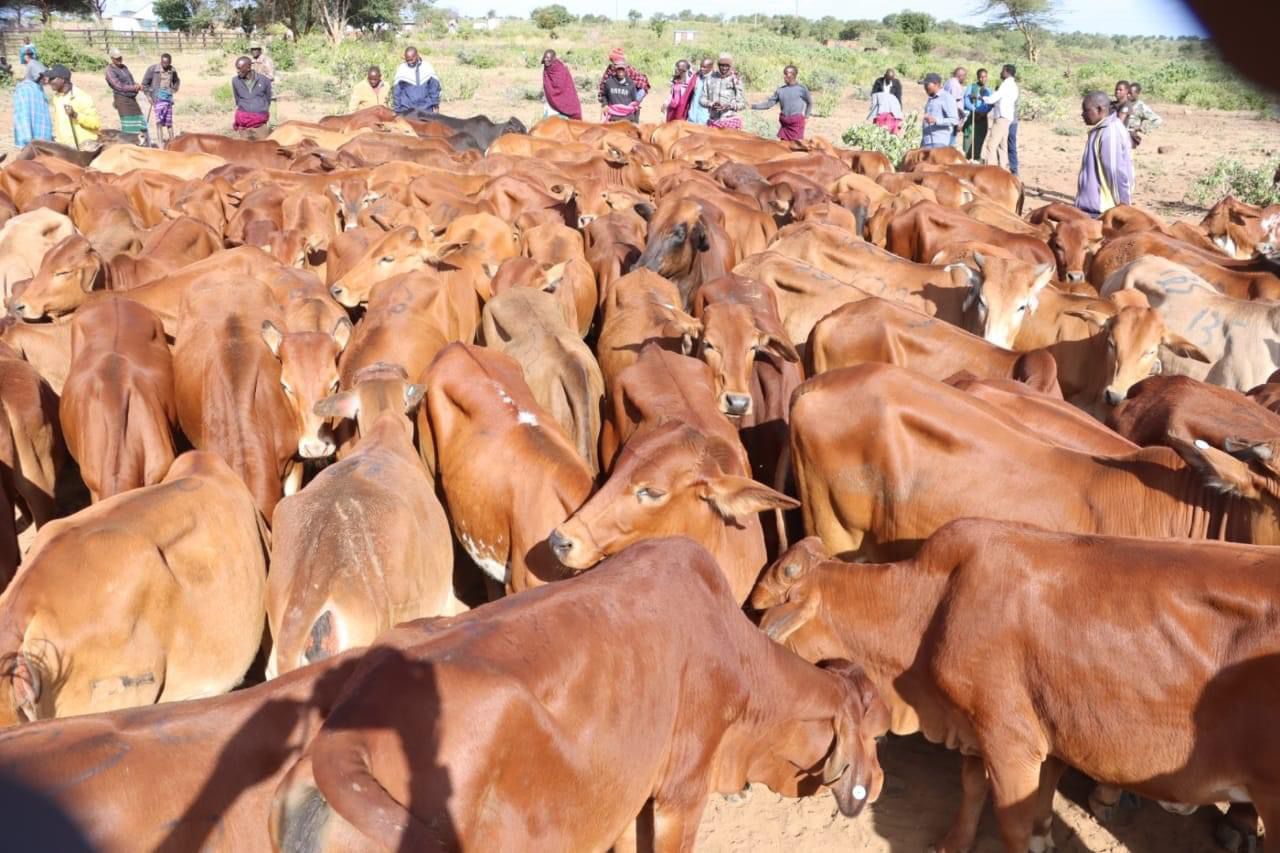
The vaccination drive is part of a broader government effort to revive the livestock sector, particularly in drought-affected areas.
The government has announced a nationwide livestock vaccination programme, targeting 72 million animals, starting in January 2025, to curb the spreading of diseases.
The campaign aims to vaccinate 22 million cattle and 50 million goats and sheep nationwide.
More To Read
- Police recover stolen camels in Turkana after coordinated operation
- Rift Valley fever: What it is, how it spreads and how to stop it
- Ministry of Agriculture set to launch e-voucher system for livestock vaccination
- Kenya to produce 70 million livestock vaccine doses annually by 2027
- Firearm smugglers from Uganda to Kenya mapped, arrests imminent, says Interior CS Murkomen
- Africans survived 10,000 years of climate change by adapting food systems – Study offers lessons for modern times
Speaking during the Maa Cultural Festival, President William Ruto said the campaign will strengthen Kenya’s position in both domestic and international markets.
“The initiative will ensure we access both national and international markets for our livestock products. It will improve the quality of livestock products for export while enhancing disease control within Kenya," he said.
The vaccination drive is part of a broader government effort to revive the livestock sector, particularly in drought-affected areas where many families have lost herds. To support pastoralists, the government has allocated Sh1 billion for restocking, pledging to purchase 55,000 goats and sheep for families in need.
“We are committed to ensuring that families who lost their livestock during the drought benefit from the government programme,” Ruto said.
Leather industrial park
In addition to the vaccination, the President highlighted the recent completion of a leather industrial park in Kenanie and Narok, aimed at reducing leather wastage and saving the country approximately Sh10 billion annually.
“Through these facilities, we will be able to save Sh10 billion we have been losing in leather,” he said, emphasising the park’s role in boosting the leather industry.
President Ruto also reinforced the government’s commitment to environmental conservation, particularly in arid and semi-arid regions impacted by climate change. He announced plans to distribute drought-resistant seedlings to promote reforestation, with 40 per cent of proceeds from the carbon market set to benefit local communities directly.
On healthcare, the head of state reiterated that his administration’s goal is achieving Universal Health Coverage (UHC) and confirmed ongoing efforts to clear debts owed to the National Hospital Insurance Fund (NHIF) as the system transitions to the new Social Health Authority.
“Universal Health Coverage will become a reality under this administration because we have planned it well,” he said, adding that under the revamped system, Kenyans would not be asked to pay at the point of receiving medical care.
For those who cannot afford healthcare, Ruto said the government will cover the costs to ensure equitable access to quality services.
The President also announced the creation of a new sub-county, Ilchamus, as part of the government’s commitment to improving public service access and education in the region.
He urged the Maa community to prioritise education, describing it as the “greatest equaliser” and promoting the government’s new higher education funding model, which he said is designed to provide fair opportunities for students regardless of financial background.
On security, Ruto reaffirmed the government’s dedication to combating cattle rustling, banditry, and other security concerns in the region, underscoring the importance of maintaining peace for the benefit of local communities.
The festival, held on Friday, was also attended by Tourism Cabinet Secretary Rebecca Miano, governors Jonathan Lati Lelelit (Samburu), Patrick ole Ntutu (Narok), Joseph ole Lenku (Kajiado), and Mohamud Ali (Marsabit), along with several MPs, MCAs, and other local leaders.
Top Stories Today
